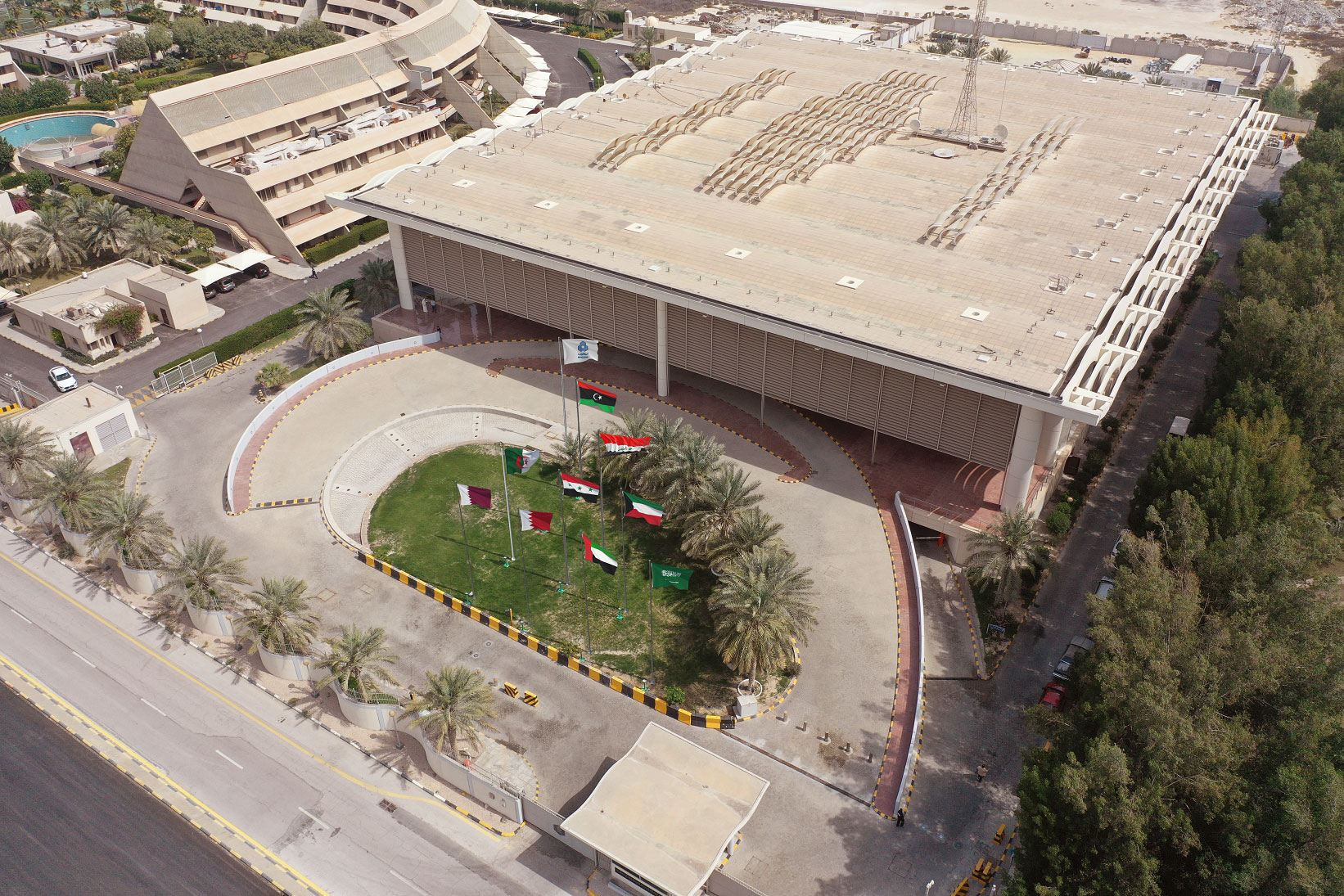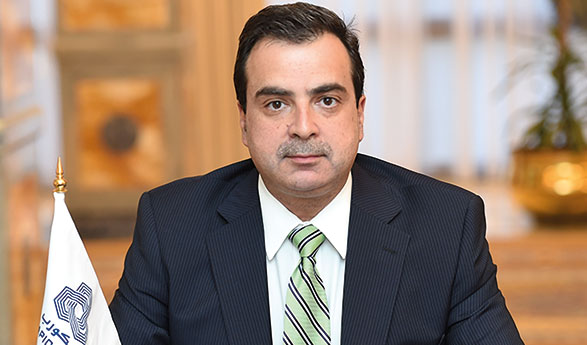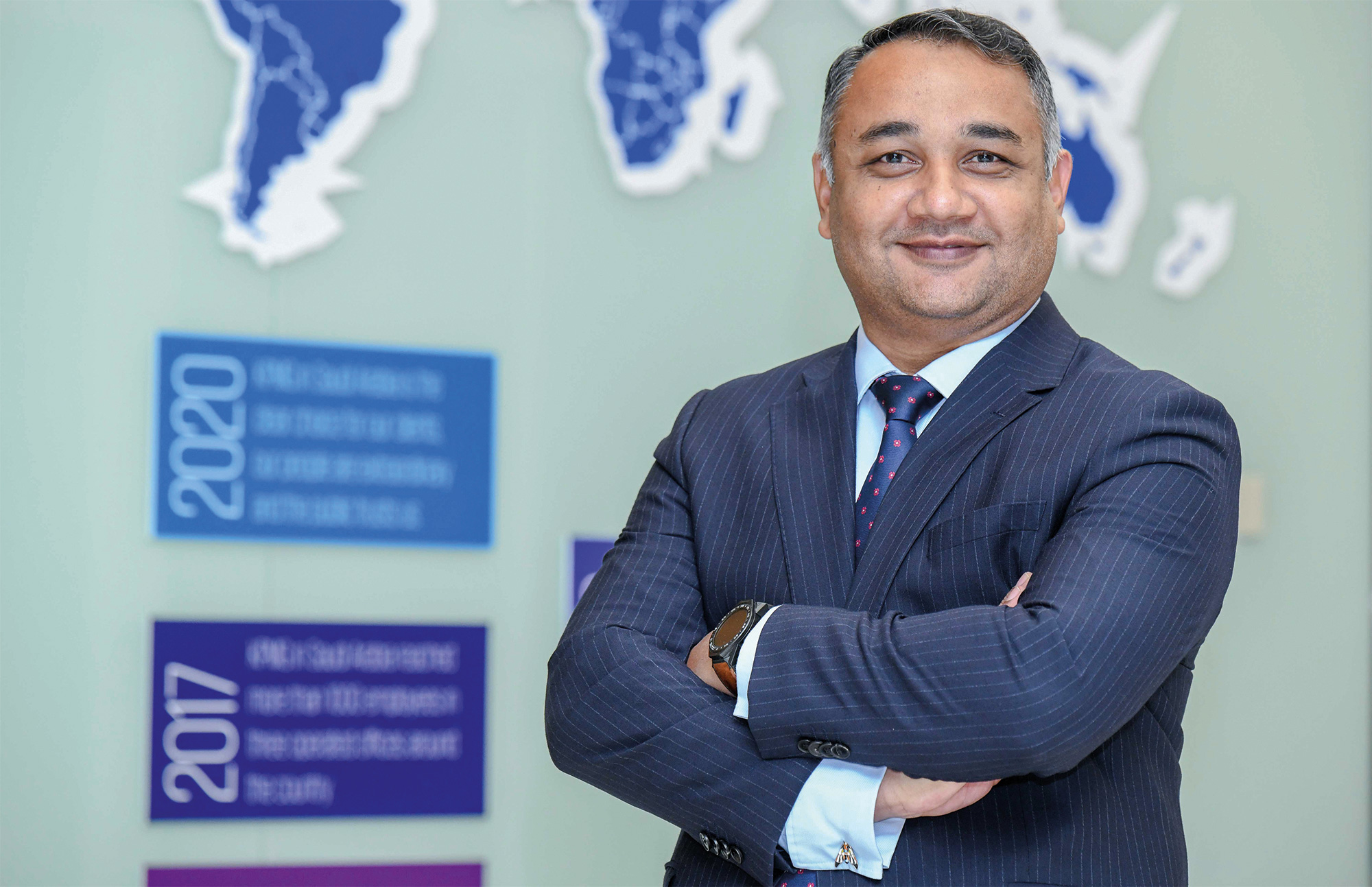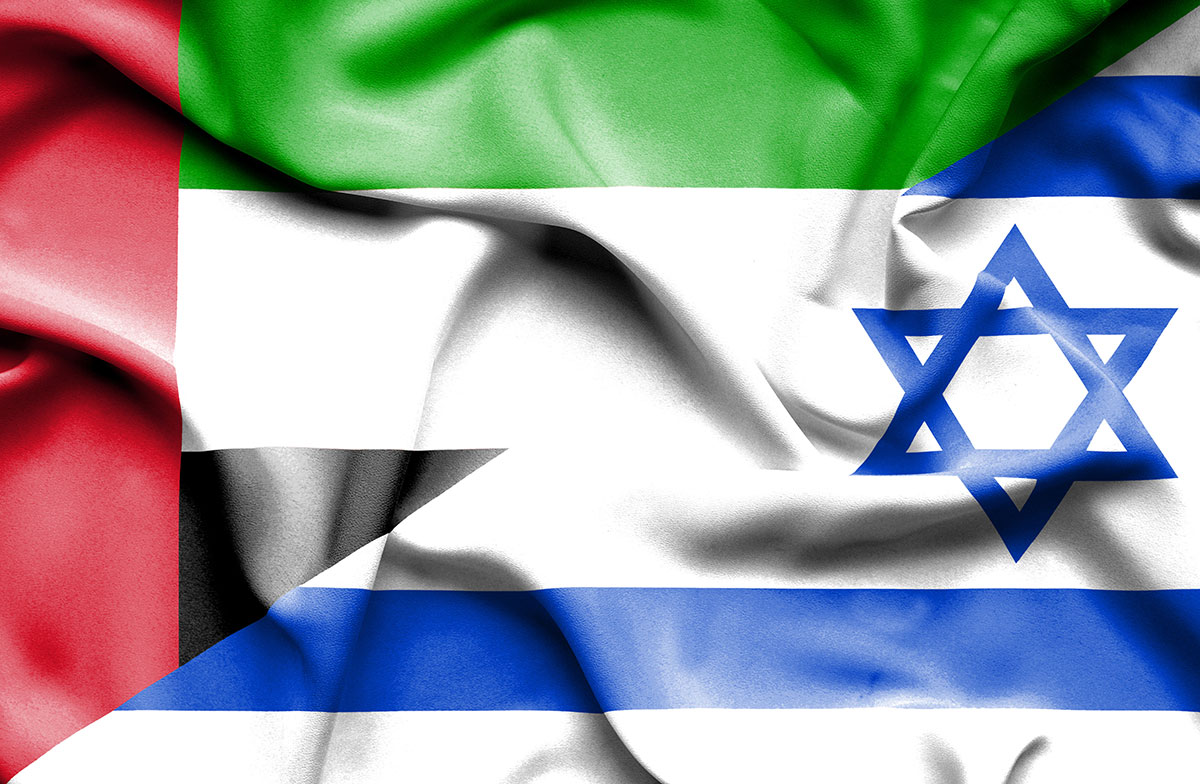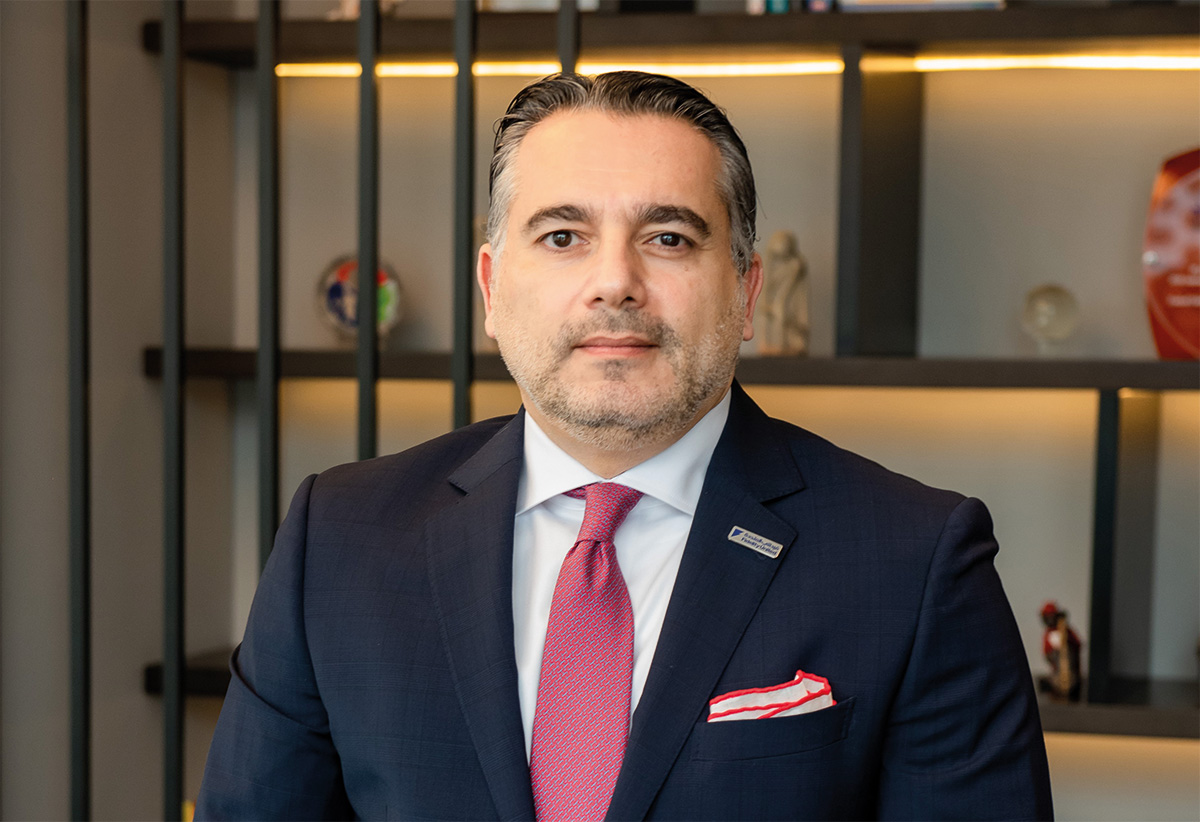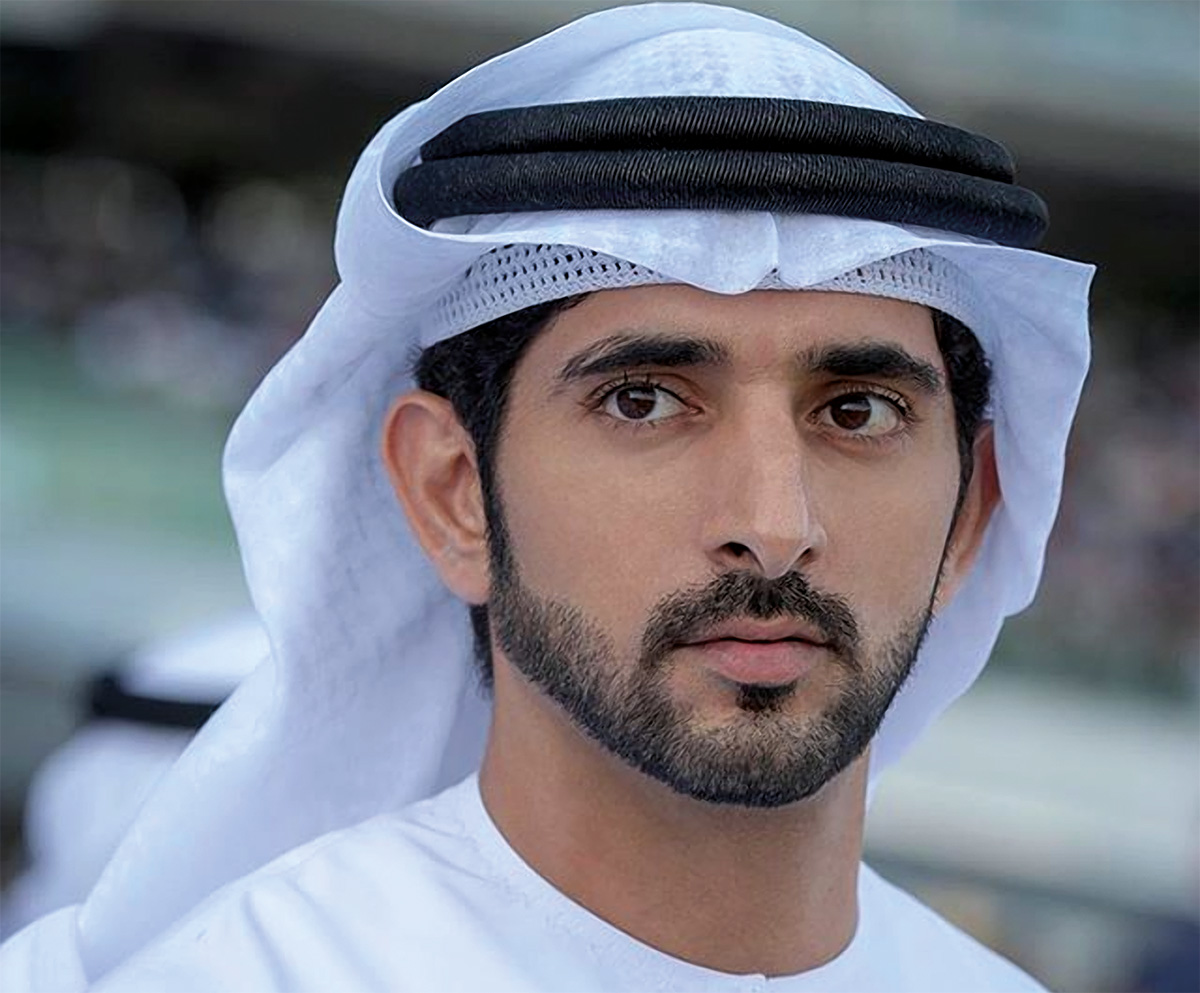[vc_row][vc_column width=”1/2″][vc_column_text]
Saudi Arabia
Saudi Arabia was the 18th largest economy in the world by nominal GDP in 2018 and the largest in the Middle East. It has a population of 34m and a GDP per capita of $23,219 USD. It has the second largest proven oil reserves in the world with 298bn barrels and a 17.2 percent share of world reserves in 2018 (Venezuela is first with 17.5 percent). It is the second largest producer of oil after the USA with 12.3m barrels per day and a 13 percent share. Oil rents were 23 percent of GDP in 2017. Saudi Arabia is also the fifth largest producer of natural gas with a 4.5 percent share of world production from a 3 percent share of proven reserves. It is also one of the world's largest producers of dates. It is a G20 country and a founding member of OPEC. Services is the largest sector in the economy (48 percent of GDP in 2018), followed by manufacturing (12.8 percent), and agriculture (2.2 percent). In 2017, its largest exports were crude oil (57.3 percent), refined oil (8.9 percent), polymers of ethylene (5.85 percent), and travel and tourism (5.7 percent). Its largest export partners were China (15.4 percent), Japan (13.5 percent), India (10.2 percent), and the USA (9.52 percent). Its largest imports are industrial machinery (12.5 percent), electrical machinery and equipment (11.5 percent), and vehicles (9.4 percent). In 1933, Saudi Arabia signed its first oil concession with Standard Oil of California. In 1938, commercial production began. By 1949 it was producing over 500,000 barrels per day and by 1958, 1m barrels per day. In 1960 it became one of the founding members of OPEC. During the 1973 oil crisis, the price of oil rose from $3 per barrel to nearly $12, which led to rapid economic growth. Between 1973 and 1981, Saudi GDP increased by over 11 times. In 1980, the oil industry was nationalised. The government began to diversify the economy in the 1970s with its first five-year plan, taking advantage of rising oil receipts. The first two five-year plans also focused on infrastructure while the third plan focused on human development. Subsequent plans have focused on diversification and the promotion of private sector investment. Inward FDI increased rapidly after Saudi Arabia joined the WTO in 2005. Recent business reforms have seen Saudi Arabia jump thirty places in the World Bank's Ease of Doing Business Report 2020. In 2016, "Saudi Vision 2030" was announced. It aims to diversify the economy further, and to develop public service sectors such as health, education, infrastructure, recreation and tourism. The government has also made reforms in recent years to improve its fiscal position, particularly after the fall in the oil price in 2014-16. The reforms include cuts to capital spending; reduced subsidies on electricity, water, and petroleum products; and the introduction of a 5 percent value-added tax in 2018.
[/vc_column_text][vc_column_text] Its population in 2018 was 33,554,343 [1]
Its population in 2018 was 33,554,343 [1]
 In 2015, 0.01% of its total energy
In 2015, 0.01% of its total energy
consumption was renewable [2]
 In 2021, its GDP grew by 3.24% [2]
In 2021, its GDP grew by 3.24% [2]
 In 2021 it had a positive Current
In 2021 it had a positive Current
Account Balance of US$bn 54.64 [3]
 Its unemployment rate in 2021 was 6.65% [3]
Its unemployment rate in 2021 was 6.65% [3]
 Its Expenditure on R&D (as a percentage of
Its Expenditure on R&D (as a percentage of
GDP) in 2020 was 0.52% [2]
 A Big Mac will set you back the
A Big Mac will set you back the
local equivalent of US$3.20 [4]
What free trade areas or economic unions is it a member of?
Member of the Cooperation Council for the Arab States of the Gulf (GCC) since 25/05/1981
Other members:
Bahrain, Kuwait, Oman, Qatar, United Arab Emirates
What trade deals are there between Cooperation Council for the Arab States of the Gulf and other countries and economic unions?
Gulf Cooperation Council (GCC) - Singapore free trade agreement (from 01/11/2013)
EFTA - Gulf Cooperation Council (GCC) Free Trade Agreement (from 01/07/2014)
EFTA - Gulf Cooperation Council free trade agreement (from 01/07/2014)
[/vc_column_text][vc_column_text]What trade deals are there with other countries and economic unions?
Pan-Arab Free Trade Area (from 01/01/1998)
[/vc_column_text][/vc_column][vc_column width=”1/2″][vc_column_text]The Arab Petroleum Investments Corporation (APICORP): At the Heart of the Arab Oil-Producing World
Ahmed Attiga: The Enviable CV and Impressive Performance of APICORP Chief
Governance Champion Al Fozan Leads Private Sector’s Contributions to Saudi Vision 2030 — and a Sustainable Future
Q&A with Ovais Shabab, Head of Financial Services at KPMG: Investing in People, Creating Jobs, Inventing Strategies — it’s a World of Possibilities for KPMG Network
Middle East – Business Trumps Politics
The Red Sea International Airport Takes Off: Contract Award to Nesma & Partners and Almabani
Fidelity by Name and United by Nature: A Company That Is ‘There’ For Its Clients
Austerity Arrives in the Kingdom
Smart City Prince: A Prince with a Mission, a Vision
Big Egos, Poker Faces, and Deep Pockets Meet to Address Oil Glut
Trade with the United Kingdom
Source: UK Office for National Statistics, October 2022.
Contains public sector information licensed under the Open Government Licence v3.0.















































































